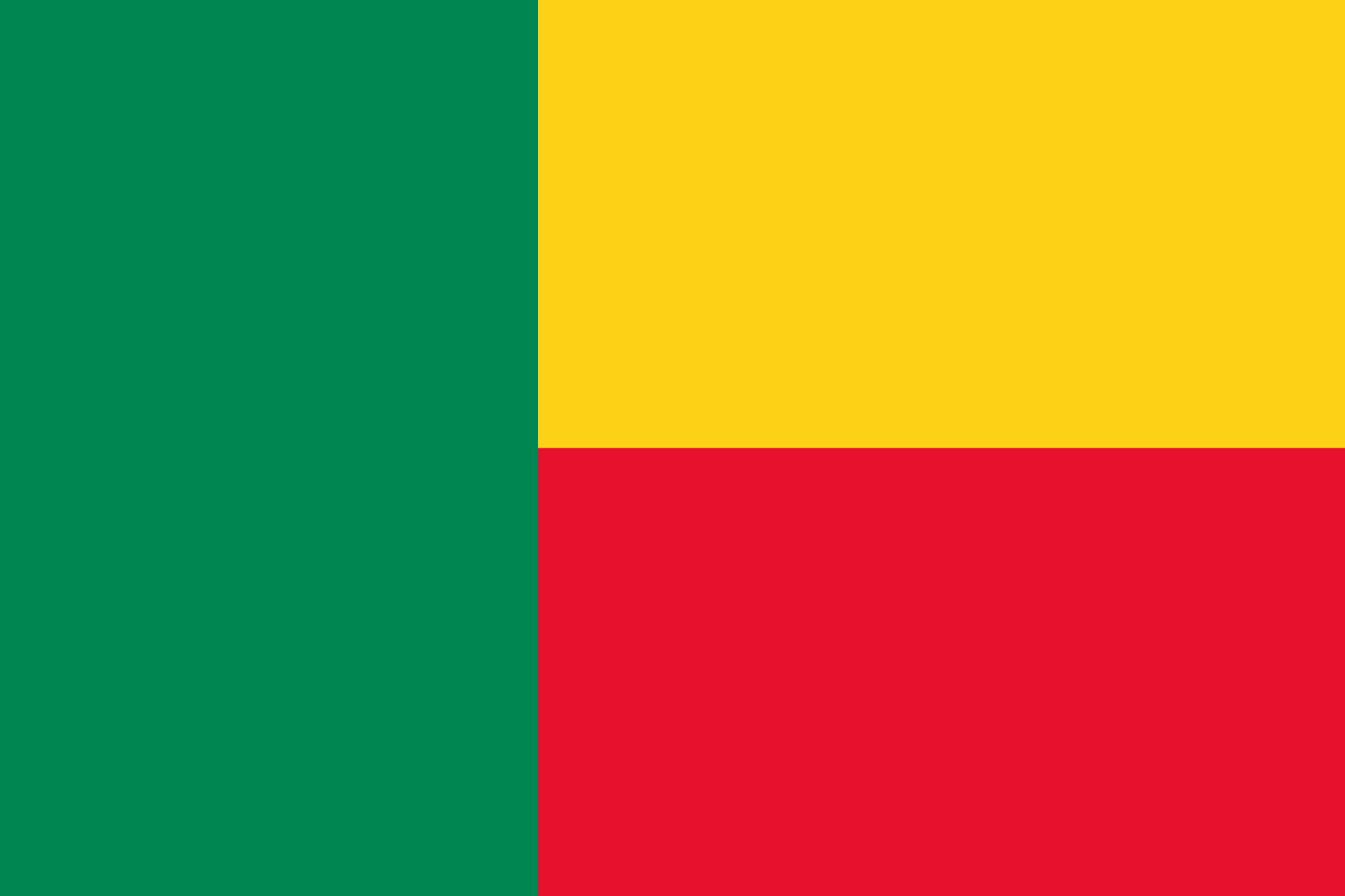Benin Enforced an Internet Shutdown on the Same Day as Uncontested Elections
As a result, voter turnout was low Sunday in a country with 5 million registered voters.
Benin held parliamentary elections Sunday leaving citizens without access to opposition candidates and the internet.
Social media platforms including WhatsApp, Facebook, Twitter and Instagram as well as Spacetel—Benin's leading internet provider—was shut down according to NetBlocks (a digital monitoring organization), Quartz Africareports. VPNs were also blocked.
This makes Benin the latest African country alongside Sudan, Egypt and the Democratic Republic of Congo to restrict internet access ahead of pertinent elections, protests and dissent—which in turn impacts the democratic process the country is known to respect.
François Patuel, Amnesty International's West Africa researcher, has called on Benin authorities to lift the restrictions so that citizens can freely express their opinions on the elections.
"The decision to shut down access to the Internet and social media on an election day is a blunt violation of the right to freedom of expression," he says in a statement. "It is effectively silencing human rights defenders, journalists and bloggers who are monitoring contested parliamentary elections without opposition candidates."
The country's 5 million registered voters were only given two options to vote for on the ballot—two parties that have declared allegiance to President Patrice Talon. These parties also met the "requirements" to be included in the elections: pay a fee of about $424,000, according to BBC.
"All indications are...from election observers that voter turnout appears to be low. That's in huge contrast to 5 years ago, when people had 20 parties to choose from—now, they have two to choose from," Al Jazeera's Ama Boateng says from Cotonou in this video report. "Opposition parties have asked their supporters to stay at home, and that could be one of the reasons why we're seeing such low numbers."
